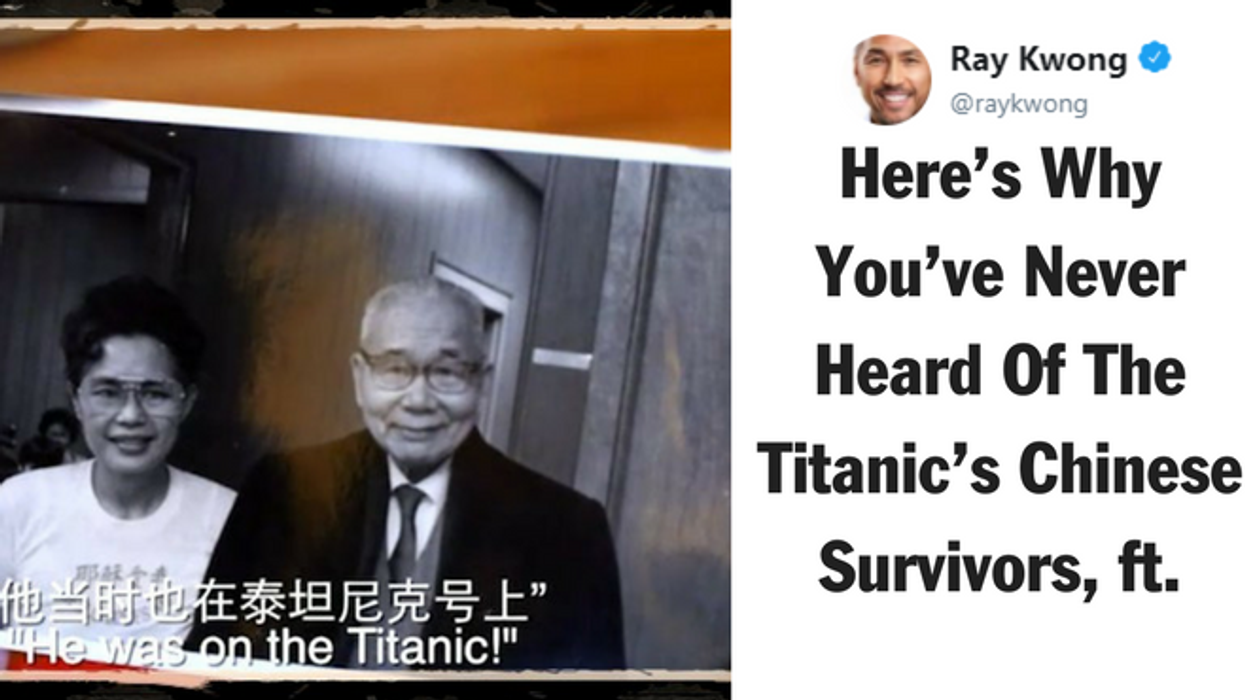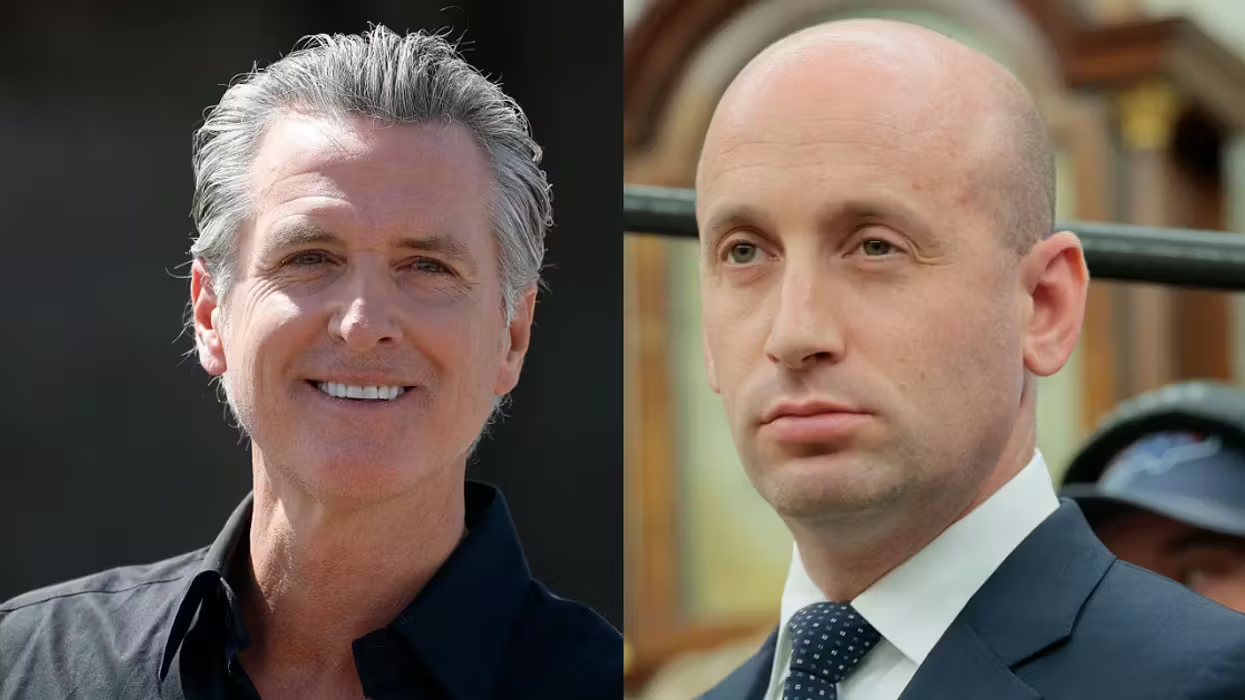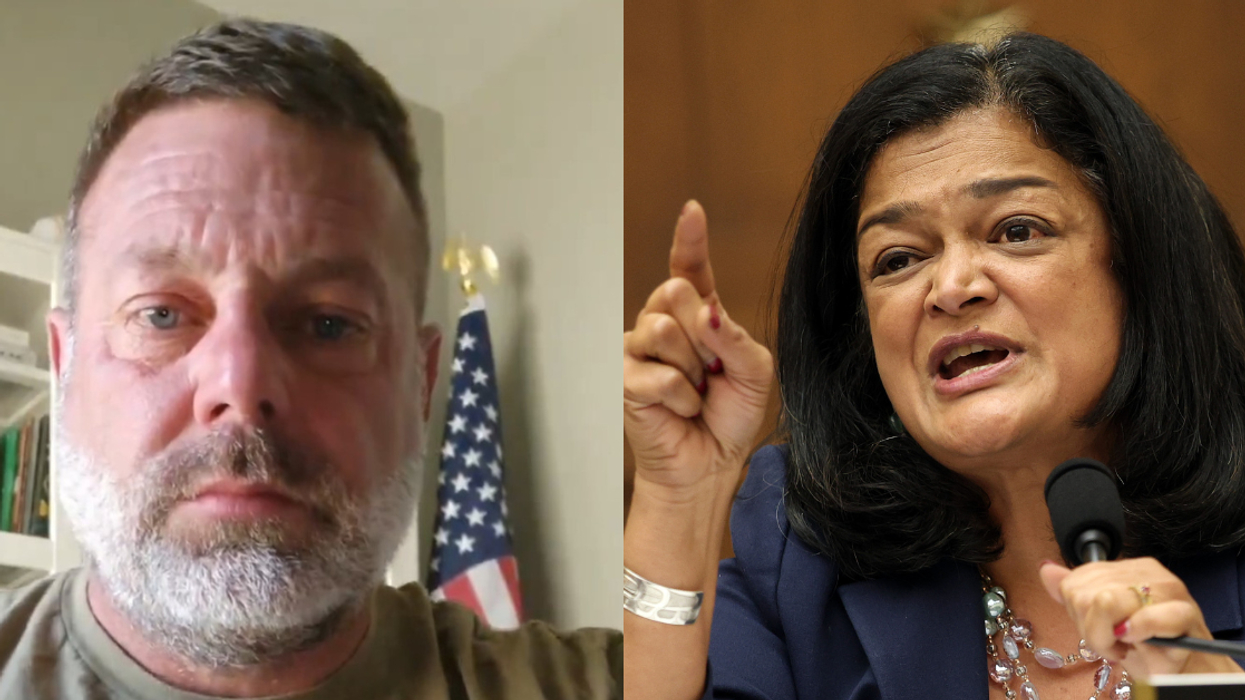An upcoming documentary called "The Six" chronicles the largely forgotten saga of six Chinese men who survived the Titanic, only to be turned away at Ellis Island by American immigration officials.
Only 700 of Titanic's 2,200 passengers managed to survive the sinking. Among those were eight Chinese men that boarded the doomed passenger liner in Southampton, England, hoping to start a new life in the United States. As was customary at the time, all of their names were listed on a single third-class ticket.
"The reason they were traveling on Titanic in the first place is for work," chief researcher Steven Schwankert said. "They were professional mariners, and they were being seconded from their company in the U.K. to go and work on the companies in North America."
After the ship's fateful collision with an iceberg in the early morning hours of April 15, 1912, the six men who survived were denied entry to the United States when they arrived at Ellis Island. During the early 20th Century, Americans harbored intense anti-Chinese sentiment.
"Six Chinese guys made it off the Titanic alive and 24 hours later were written out of the story," Schwankert said. "That wasn't an accident. That was deliberate. It's something that the culture of the time made happen."
Five men managed to make it onto the last lifeboats. The sixth, a man named Fang Lang, was rescued from the icy waters of the Northern Atlantic. But the enduring racism of the day almost cost him his life. Officer Harold Lowe, who was commanding lifeboat number 14, was reportedly reluctant to save Lang, calling him a "Jap" and saying he there were other people more worthy of saving.
"What's the use?" Lowe said, according to lifeboat passenger Charlotte Collyer as reported in Encyclopedia Titanica. "He's dead, likely, and if he isn't, there's others better worth saving than a Jap!" Passengers on the lifeboat convinced Lowe to rescue Lang, who survivors said "worked like a hero," helping to row the boat to safety. Survivors of the Titanic were eventually brought to New York aboard the Carpathia, one of Titanic's sister ships.
Producers of the film aim to correct the record on what happened after the men were rescued. Director Arthur Jones disputes media reports about the men, which claimed they were stowaways and referred to them with derogatory terms such as "creatures" and "coolies."
"We visited a large number of foreign archives and museums, worked with historians from the United States and China, searched and studied many [pieces of] evidence," he told Xinhua News Agency. "There is no single [piece of] evidence to prove the Chinese survivors were stowaways [on the lifeboats]. I believe they did not do anything dishonorable."
Schwankert shared Jones's dispute of what American media had to say about the six men following the sinking.
"The press at the time labeled the Chinese survivors, referred to in places as 'celestials,' as cowards who dressed as women to sneak into lifeboats," Schwankert told Quartz. "They had no basis for that, and we believe it's just not true. … It's time for these men to have their rightful place in history."
The six men were prohibited entry into the United States when they arrived at Ellis Island, New York, because of the Chinese Exclusion Act of 1882, which placed a 10-year moratorium on Chinese workers emigrating to the United States. The policy would remain in place until 1943, and was ended because China was an American ally against Japan during World War II.
"We don't accept the reports and the history as it is presented. The six Chinese men have been put into a position of injustice for more than a hundred years. We can finally tell their story rightly," Schwankert told Xinhua.
"The Six" is scheduled for release later this year.














 Happy Jennifer Aniston GIF
Happy Jennifer Aniston GIF  look ceiling GIF
look ceiling GIF  Creepy GIF
Creepy GIF  Hidden Room Loop GIF by sheepfilms
Hidden Room Loop GIF by sheepfilms 
 @AzRepGillette/X
@AzRepGillette/X @AzRepGillette/X
@AzRepGillette/X @AzRepGillette/X
@AzRepGillette/X
 @nicolekatelynn1/TikTok
@nicolekatelynn1/TikTok @nicolekatelynn1/TikTok
@nicolekatelynn1/TikTok @nicolekatelynn1/TikTok
@nicolekatelynn1/TikTok @nicolekatelynn1/TikTok
@nicolekatelynn1/TikTok @nicolekatelynn1/TikTok
@nicolekatelynn1/TikTok @nicolekatelynn1/TikTok
@nicolekatelynn1/TikTok @nicolekatelynn1/TikTok
@nicolekatelynn1/TikTok @nicolekatelynn1/TikTok
@nicolekatelynn1/TikTok @nicolekatelynn1/TikTok
@nicolekatelynn1/TikTok @nicolekatelynn1/TikTok
@nicolekatelynn1/TikTok @nicolekatelynn1/TikTok
@nicolekatelynn1/TikTok @nicolekatelynn1/TikTok
@nicolekatelynn1/TikTok
 @valerieelizabet/TikTok
@valerieelizabet/TikTok @valerieelizabet/TikTok
@valerieelizabet/TikTok @valerieelizabet/TikTok
@valerieelizabet/TikTok @valerieelizabet/TikTok
@valerieelizabet/TikTok @valerieelizabet/TikTok
@valerieelizabet/TikTok @valerieelizabet/TikTok
@valerieelizabet/TikTok @valerieelizabet/TikTok
@valerieelizabet/TikTok @valerieelizabet/TikTok
@valerieelizabet/TikTok @valerieelizabet/TikTok
@valerieelizabet/TikTok @valerieelizabet/TikTok
@valerieelizabet/TikTok @valerieelizabet/TikTok
@valerieelizabet/TikTok